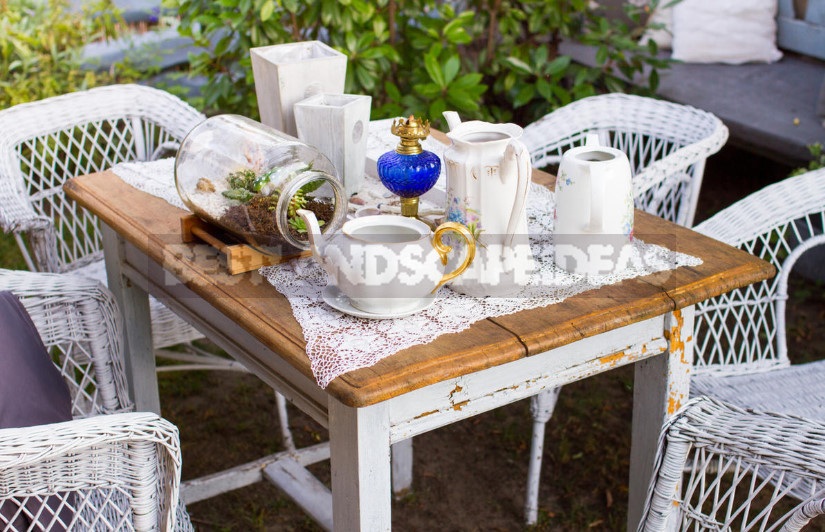
The modern world is fast-paced: trendy clothes in a season falls into the category of “retro”, the latest model of the smartphone becomes obsolete faster than we have time to buy it. Therefore, in a kaleidoscope of rapidly changing disposable items, we are increasingly beginning to appreciate the old household items. Scuffs, scratches and cracks on old chests of drawers look more attractive to many than the gloss of laminate and plastic.
Real antique furniture is expensive. And it is understandably becoming less. But there are many ways to create pseudo-old pieces of furniture from quite modern designs.
Krakle effect
Did you pay attention to the grid of small cracks on the surface of the paintings? These cracks (loss of integrity of a paint or varnish layer) are called craquelure.
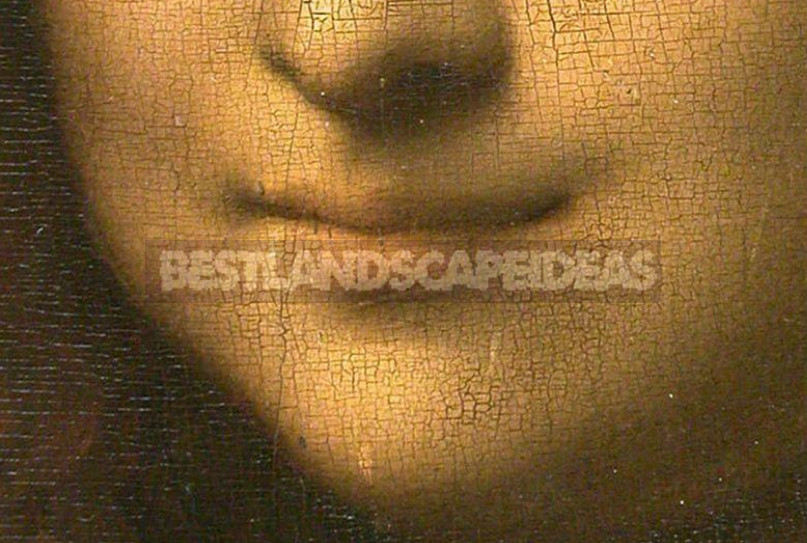
Some even believe that the cracks-an integral feature of all the old painting. That’s not so. In most cases, craquelure-is the result of violations of the technology of applying the soil, paint layer and varnish. Another reason for their appearance-errors in mixing colors, because before the artists, unlike us with you, were not able to buy ready-made paints in the store and make them yourself. Of course, non-ideal conditions of “living” artworks also play a role in the appearance of the time grid.
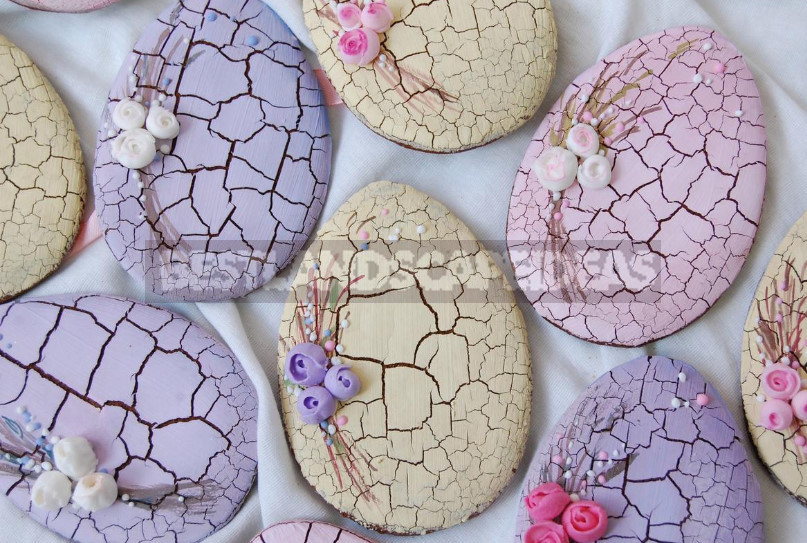
Today, cracks on the colorful coating are not always a headache for restorers. On sale there are compounds specifically designed to produce the effect of cracking. The grid of decorative cracks can decorate anything-from a casket to a cake, creating an entourage of antiquity. Crackle is the addition of decoupage or self-decoration.
Compositions for cracelures and principle of operation
Manufacturers of cracelure varnish and paint there are two basic types of compositions: one step and two step. This classification on closer examination is not quite correct, because the number of steps (steps) in each case more. And the abundance of different manufacturers, variations in the chemical composition of products and their characteristics creates confusion.
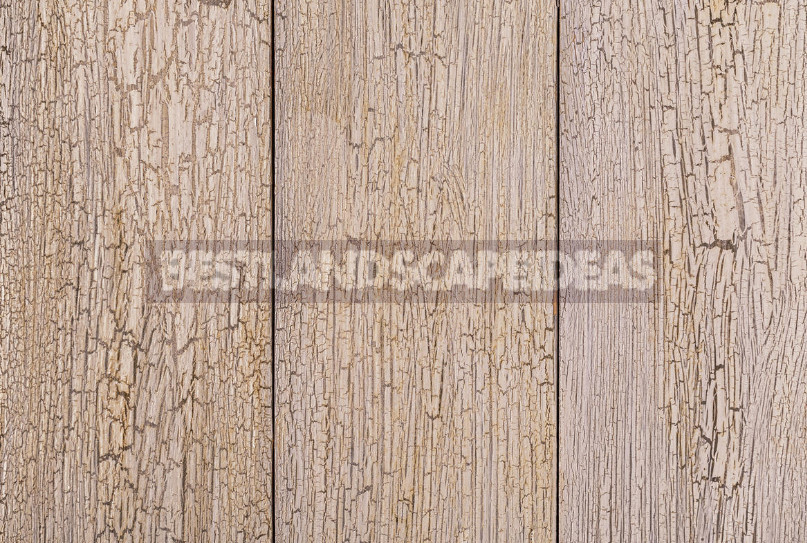
To better understand the difference, I will explain the principle. I’ll start with a simpler version.
- One-step (single-phase) craquelure
This coating looks like a cracked paint through the cracks which is visible tone of the first (base) layer or the base itself-wood, metal, glass, etc., if the base paint is not used. The action of one-step composition to obtain the effect of crackle is based on different drying rates of the first (lacquer) and second (paint) coating layers.
First, the object is covered with a layer of base paint, if necessary. The painted surface is allowed to dry completely. Then applied craquelure varnish, the layer should be quite thick. The varnish is dried for about forty minutes (you can speed up the process with a hair dryer), but the drying is not done to the end: the surface should look dry, but there is some incompleteness.
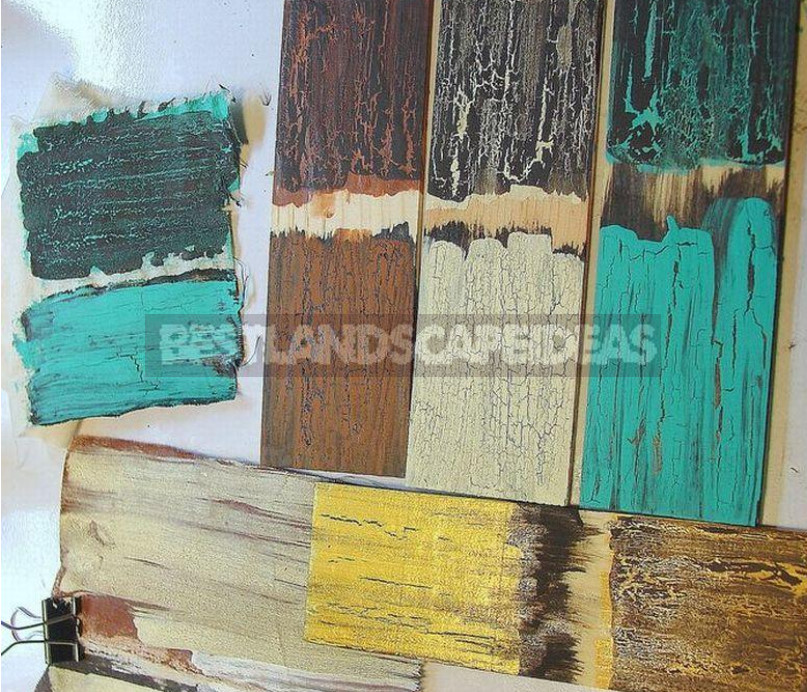
The prepared surface is covered with a layer of finishing paint, for example, acrylic. For ease of application it should be quite liquid — surface to cover at one time.
If you drive a brush in one place several times, the paint rolls down, the brush will “stretch” and the lower layer of varnish. Therefore, it is important to choose the right brush and the degree of paint density: it is better to make a small “test site” — a separate paint. The consistency of the composition also affects the size of the cracks: the paint is thinner, the cracks.
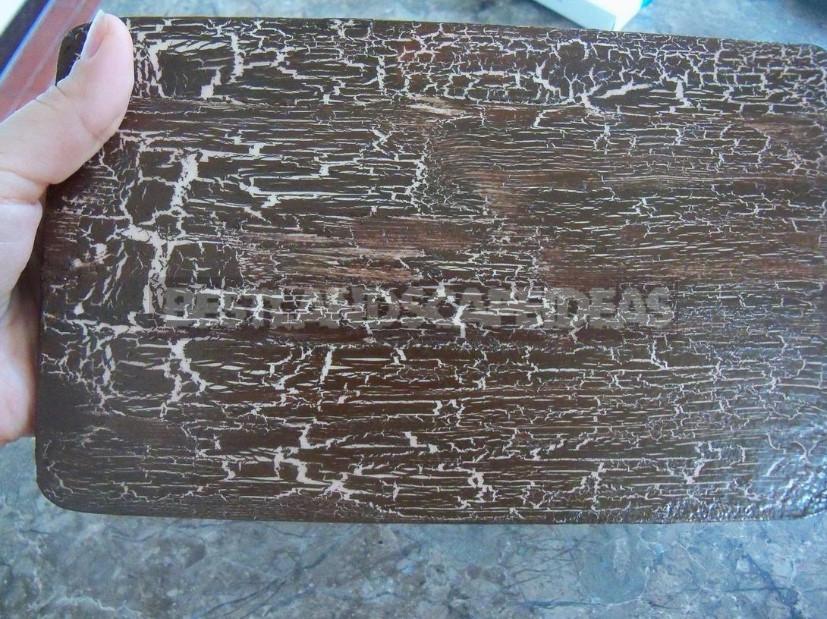
The direction of cracks depends on the movement of the brush: if you paint vertically, craquelure will also be stretched in the vertical direction, and Vice versa. If you use a brush and roller, the direction of cracks will be more chaotic — as in the photo above. To achieve this effect when painting small objects, you can use a swab of a piece of foam.
The shape and size of the cracks, the speed of their manifestation also depend on the air temperature during drying. Here, too, you can use a Hairdryer to speed up the process.
- Two-step (two-phase) craquelure
In this case cracks are formed not in a paint layer, and in the top varnish covering. Its special composition contains substances that contribute to uneven drying, tightening of the lacquer surface and the formation of cracks.
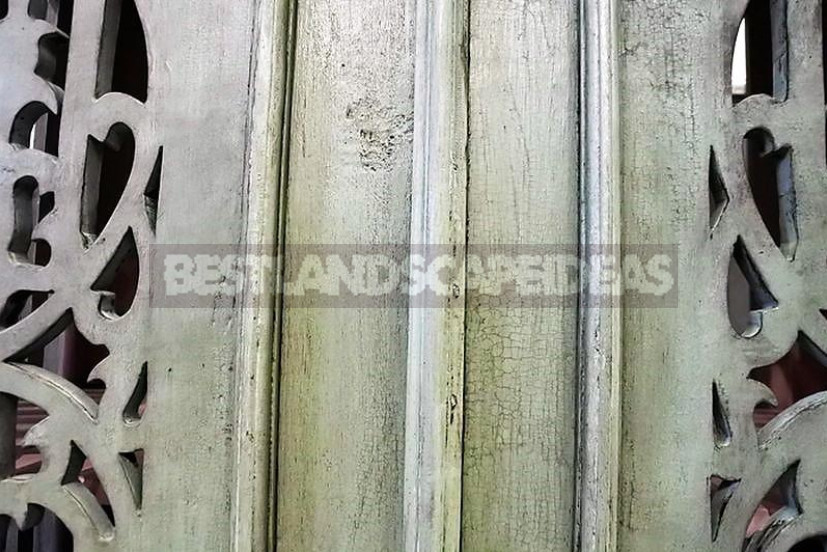
Decorative craquelures, formed by two-step craquelure varnish, resemble just their prototype-a grid of cracks on ancient canvases. The sizes of craquelures, as in the case of single-phase material, depend on the chemical composition and thickness of the varnish layer, the drying rate, that is, the temperature and humidity.
In this case, you can also try to speed up the drying using a hair dryer, but it is better to try on the sample first. Having mastered the technique and choosing the necessary composition, you can achieve neat small cracks, as in the old porcelain.
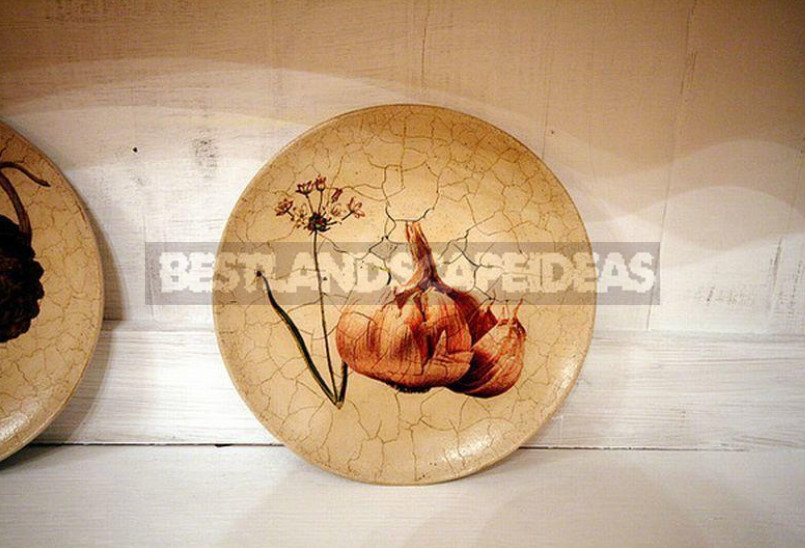
At the second stage, the cracks are rubbed with pigment-oil paint (art), bituminous varnish, pastel, metallized powder. As the grout will suit even the beauty of the shadow.
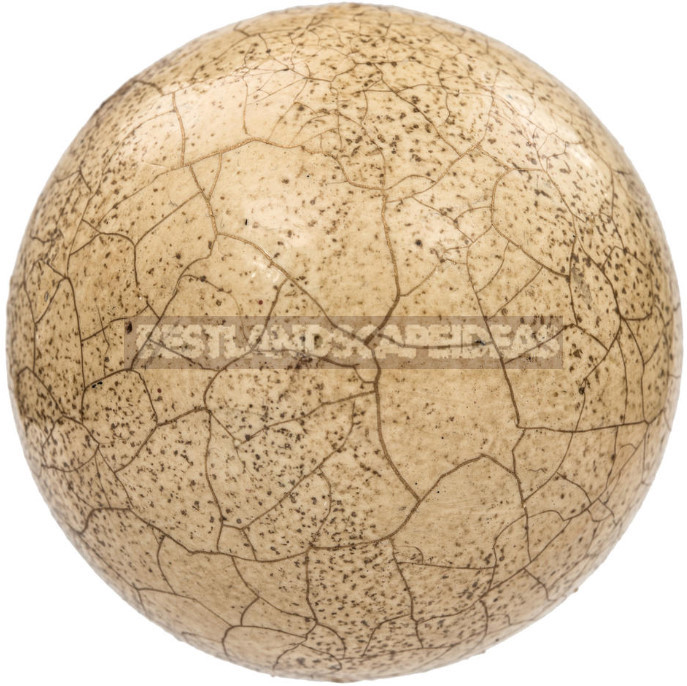
The pigment “is” craquelure the net. The choice of grout depends on the composition of the varnish: it is important that the powder adheres only to the cracks and removed from the rest of the surface. For two-step and one-step compositions of the last stage is the same: the surface is covered with ordinary varnish to secure the decorative effect.
How to make craquelure with your own hands
The name “two-step” (two-component, two — phase) arose not because of the second stage-grouting craquelure pigments. Initially, to create artificial cracks on the lacquer surface, two separate components were used: the varnish itself and the coating that tightens the lacquer layer when drying.
For example, you can cover the object with an alcoholic solution of shellac, and as a second component use gum Arabic (solution of acacia resins). So performed fakes of famous old paintings: copied not only the work of the artist, but also traces of time on the canvas.
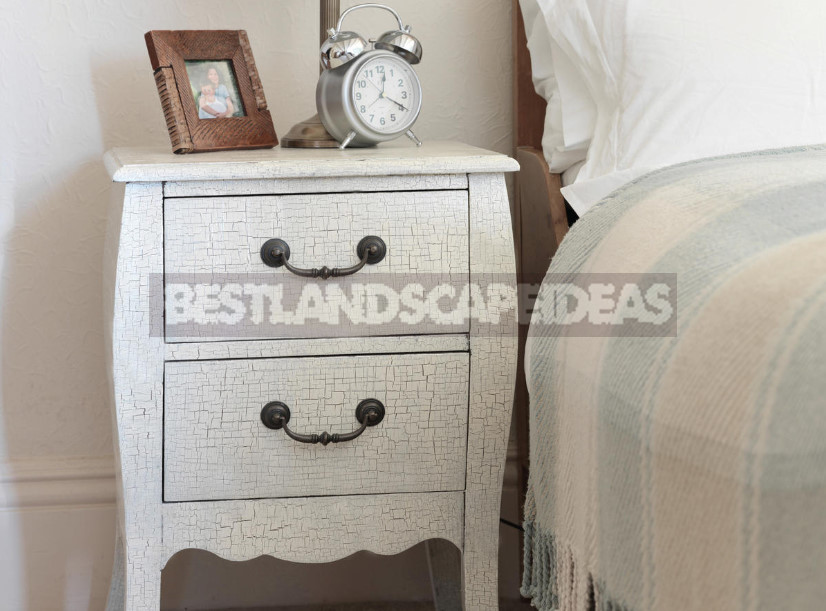
The development of the chemical industry has simplified the process by combining in one bottle both components, and the name “two-step” left. Although today, most of the proposed range of products for such craquelure really consists of two parts, including shellac and gum Arabic. And for one-step there is not only intermediate craquelure varnishes, but also a paint that cracks itself, without varnish as a underlying layer.
To create this effect, decorators use not only finished products: in the Arsenal of masters there are improvised means. Thus, the effect of one-step craquelure can be obtained by using glue, using it as a craquelure “varnish” or mixing with the finish paint in a proportion of 50:50. Also, the usual construction varnish is taken, and not from the range of art stores — it’s cheaper. The fractured surface will turn out and if the paint is applied to a layer of egg white, gelatin, gel for washing or washing dishes.
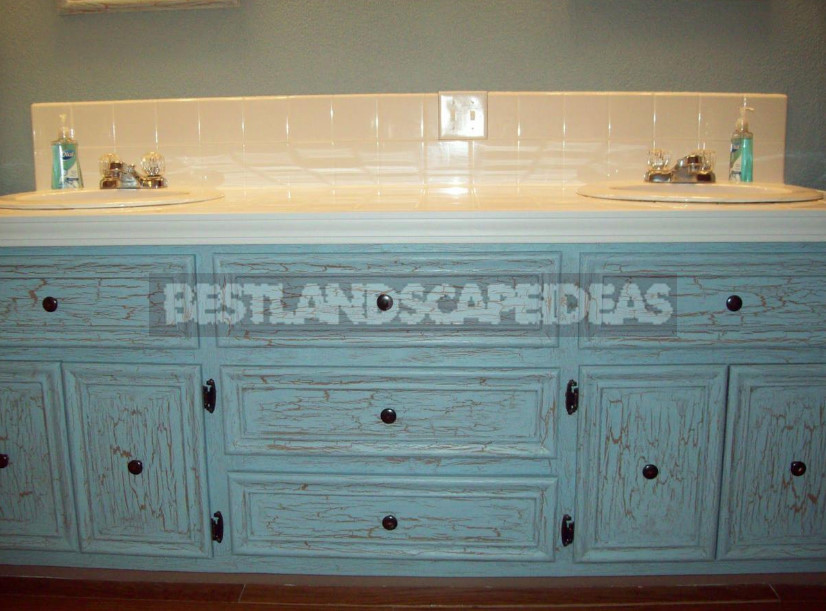
And if the acrylic paint wipe 9% vinegar, it will partially dissolve the colorful coating, creating a kind of microcracks. The choice of funds depends on what effect you want to get.
By the way, the crackle can be done not only with varnish and paint (although the varnish is still required, but only as the final coating). This method is a good training of fine motor skills, because the fracture is created by the inlay of the eggshell.
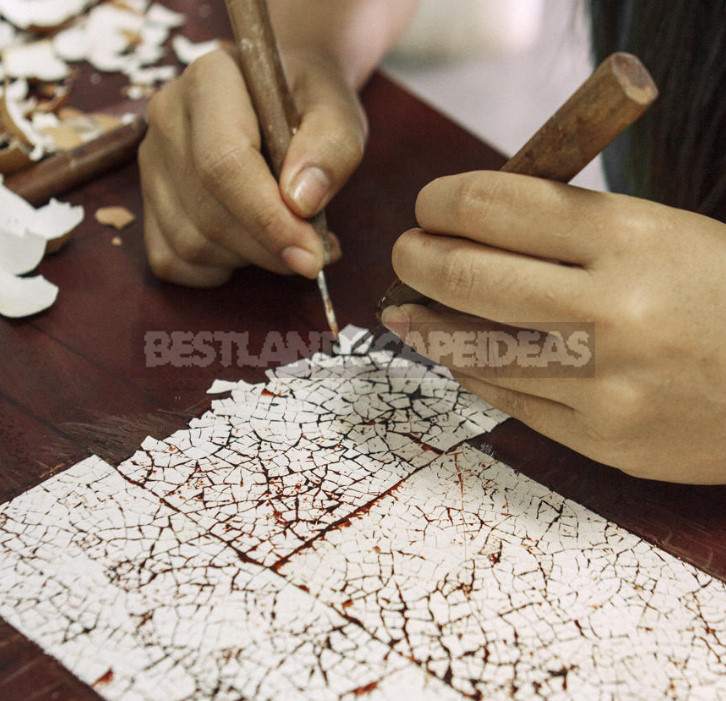
In your power to give new life to old things, updating them,or, conversely, to make a faceless modern furniture “old”. There are many ways to change your interior.
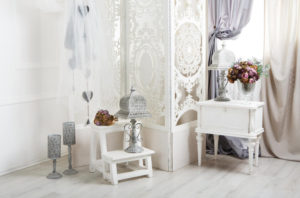
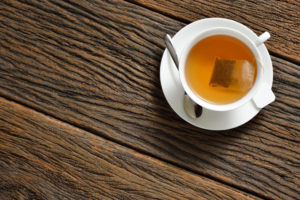
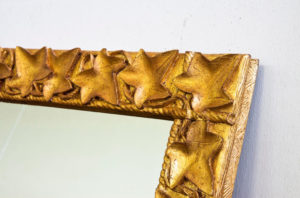
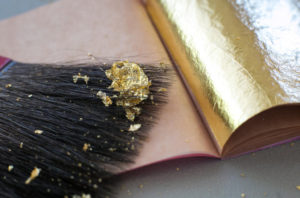
Leave a Reply